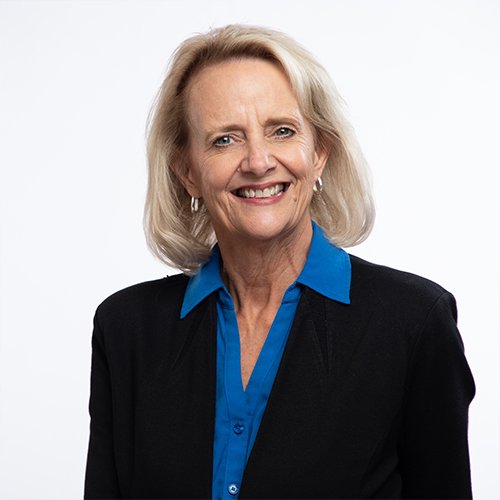Do you have a friend or a colleague who is GREAT at asking questions? You know, the person who always seems to just know more about the people and circumstances in their lives than others? They don't just draw you into conversation, they help you build a stronger connection through the interaction.
If you want to get to know your donors or get to know new prospects that can support your organization, you must rekindle some of that same sense of curiosity you had as child. As we all age, we are taught that knowing the answers is critical to success. And yet, really getting to know people and finding ways to link them to the issues our organizations are addressing requires that we deepen our understanding of these individuals interests and motivations. It requires curiosity.
If you search "how to become more curious," you'll find a multitude of articles that offer lists of things to try. I read a bunch of these articles and here's what stuck out to me.
Love the Fear
In relationship engagement work, there really is no wrong answer. Don’t be afraid by what you may learn. If it is that their passion is for the work of another organization, that may not mean yours is totally out for ever. Isn’t it more helpful to actually learn what matters rather than guess? Relationship work is a journey and not just a quick solution to today’s fundraising goal.
Really BE in the Conversation
Put away your phone; stop thinking about what you SHOULD say next, or what you are having for dinner. Take a dive in and try to learn more about them. The connections and emotion that result may astound you.
Listen More Than Talk
As a child, did anyone tell you to "use your two ears instead of your one mouth?" Not only does that still apply, but I'd encourage you to use your two eyes as well. What do their body position, eyes, tone of voice and environment tell you about them? Are you processing those messages along with the verbal ones? If you are really a good listener, you should take away something from this interaction and be able to call it back up during a future interaction. It will help you in future cultivation opportunities, but also give great insight into personal stewardship touches.
Stay Away From Yes or No
Asking good questions begins with thorough preparation. Think of questions that will get people to talk with sentences and maybe even whole paragraphs. Then grab a piece of that information and ask a follow up question to encourage them to go deeper. With practice, you'll find questions that work for you and garner great responses from the people you interact with.
All these techniques rely on a strong sense of curiosity. If you're only having these conversations as a means to an end, you'll miss out on the opportunity to get to know generous, interesting people who are making a difference in your community. Curiosity will not just improve your donor relationship and stewardship work, it may also make you a better friend!
What are some of your favorite questions? Let us know in the comments below.

